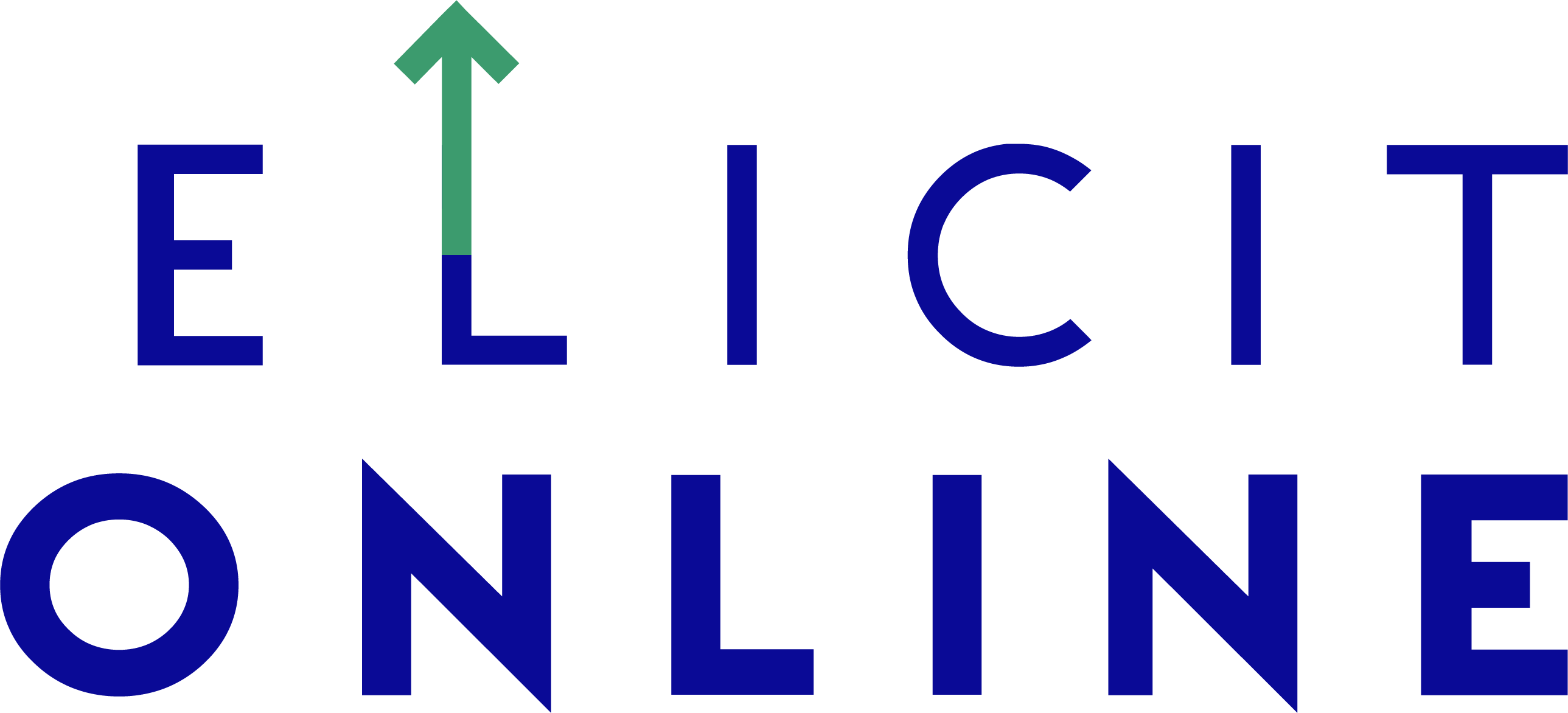
ELICIT Online one of the most innovative companies of 2020
DEVENTER - ELICIT Online has been voted one of the 100 most innovative companies of 2020. The choice was made by an expert panel on behalf of
SHARE:
A typical challenge of our modern day and age is that production installations are becoming increasingly complex and automated. The gap between the operator and the process widens and becomes less transparent. The old experts with thirty years’ worth of experience still know how the process really works, but this group of people is gradually leaving the workforce. So: how do you transfer thirty years’ worth of practical knowledge to allow employees to quickly grasp the essence and make the right decisions? In this blog, we tell you a little bit about our solution. We have also written a our whitepaper for people who want to know more.
The core of “practical knowledge” is formed by the specific things an expert looks for to see whether a process is going well. In most cases, there are surprisingly few and they can be quite tricky. We use that theory to ask the right questions with which we can record exactly what we need (the essence). Our software indicates exactly what questions need to be asked in order to first extract essential information from the expert's head and then present it to (new) operators in a clear and user-friendly manner.
It turns out that we have to ask circa 110 questions to record the essence of twenty to thirty years’ worth of experience. On average, this "essence” consists of twenty parameters and seventy-two instructions, which which (new) operators can perform their three main tasks:
1. Process control
2. Taking action in the event of deviations
3. Understanding the production process’s key cause-and-effect relationships
How can you control the process? What is right and what is wrong? What do you do if something is about to go wrong with the process or product? What are the key cause-and-effect relationships?
Have we piqued your interest and would you like to know more? Download our our whitepaper or contact us without any further obligation. We look forward to hearing from you.

DEVENTER - ELICIT Online has been voted one of the 100 most innovative companies of 2020. The choice was made by an expert panel on behalf of

Moderne productiesystemen worden steeds meer geautomatiseerd. Dat betekent dat een operator steeds minder invloed heeft op het productieproces als dat eenmaal goed loopt. Maar gaat

Data is everything. It not only gives you insight into your system, it is also the foundation of Machine Learning and cognitive computing. This allows you
Register for our mailing!

